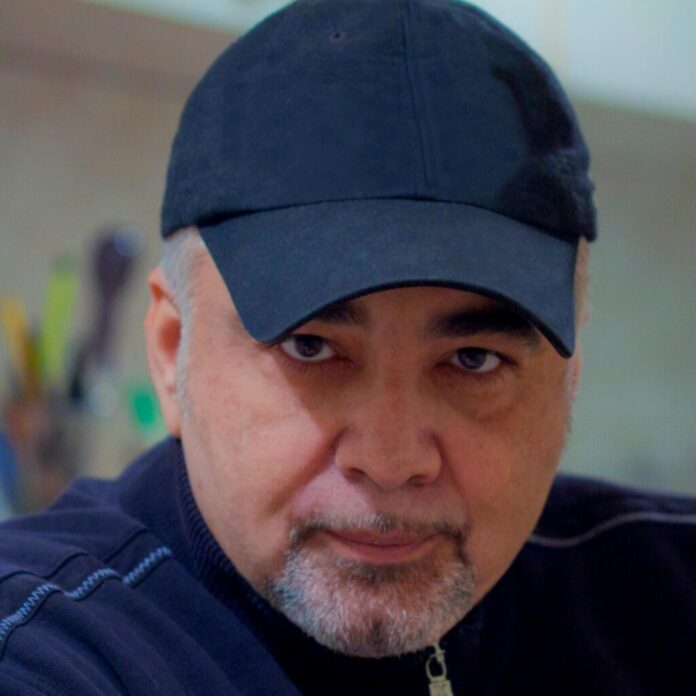When a headache can be a symptom of a tumor?

Headaches are common discomfort, but some of them may be a sign of more serious health problems that you should never ignore. British neurologist Dr. Steven Ader, namely, points out that sometimes a headache is a symptom of a brain tumor, and occurs in 50 to 60 percent of patients.
– Tumors can take up space in the skull, causing swelling or blocking the flow of cerebrospinal fluid, leading to increased pressure on the brain. In addition, tumors can press or stretch sensitive tissues, eg. Blood vessels or nerves, causing pain – explains the doctor.
The mechanisms with which the tumor causes headaches include increased intracranial pressure, direct irritation and changes in blood flow. Brain -related headaches have different features that make them different.
Constant headaches that only get worse
Unlike typical tension or migraine headaches, Dr. Alder, otherwise a biomedical sciences lecturer at the University of Central Lancashire, says the headaches of the brain tumor tend to worsen over time. This progression may include increased intensity, frequency or duration of pain.
Morning headaches
Long lying, it is said, can increase pressure in the brain. This means that people suffering from brain tumor may have more often headaches in the morning after waking up, whether they are sleeping.
Pain in one area
Headache in a certain part of the head – may also indicate the site of the tumor, due to brain pressure or blocked fluid.
When pain medications do not help
Unlike typical headaches, those associated with brain tumors often do not respond well to pain -related painkillers, such as « paracetamol », « ibuprofen » or « aspirin ». This knowledge can be a key warning sign.
Other symptoms
Brain tumor headaches are often accompanied by other symptoms that indicate increased pressure in the skull or on the brain. This may include nausea and vomiting, blurred or double vision, panic attacks, muscle weakness or stiffness.
When to ask for help?
Dr. Ader states that if headaches are recurrent and different from the usual headaches, it is important to consult a specialist doctor. Those headaches accompanied by neurological symptoms such as stiffness, weakness or difficulty in speech should be examined. Severe headaches that do not respond to the usual medicines – the expert says they also need medical attention.








